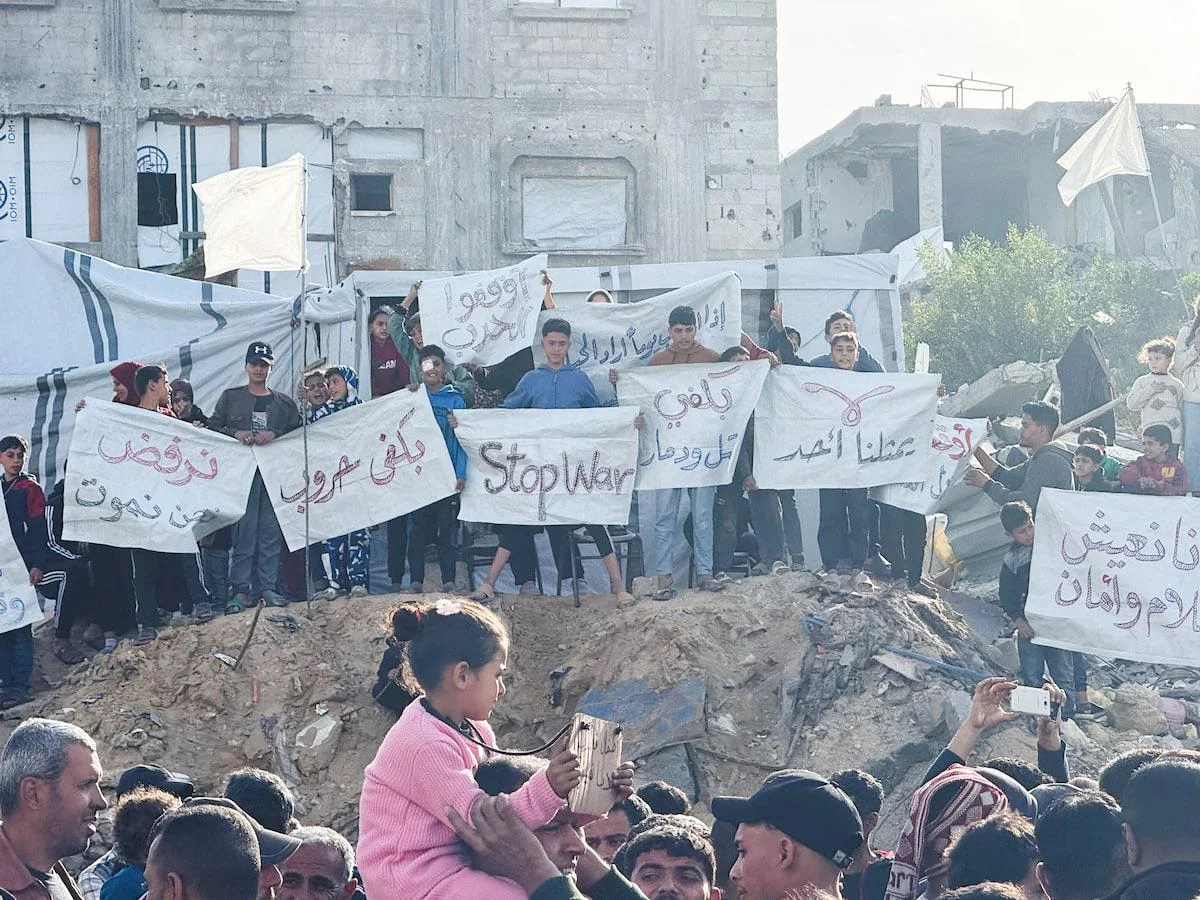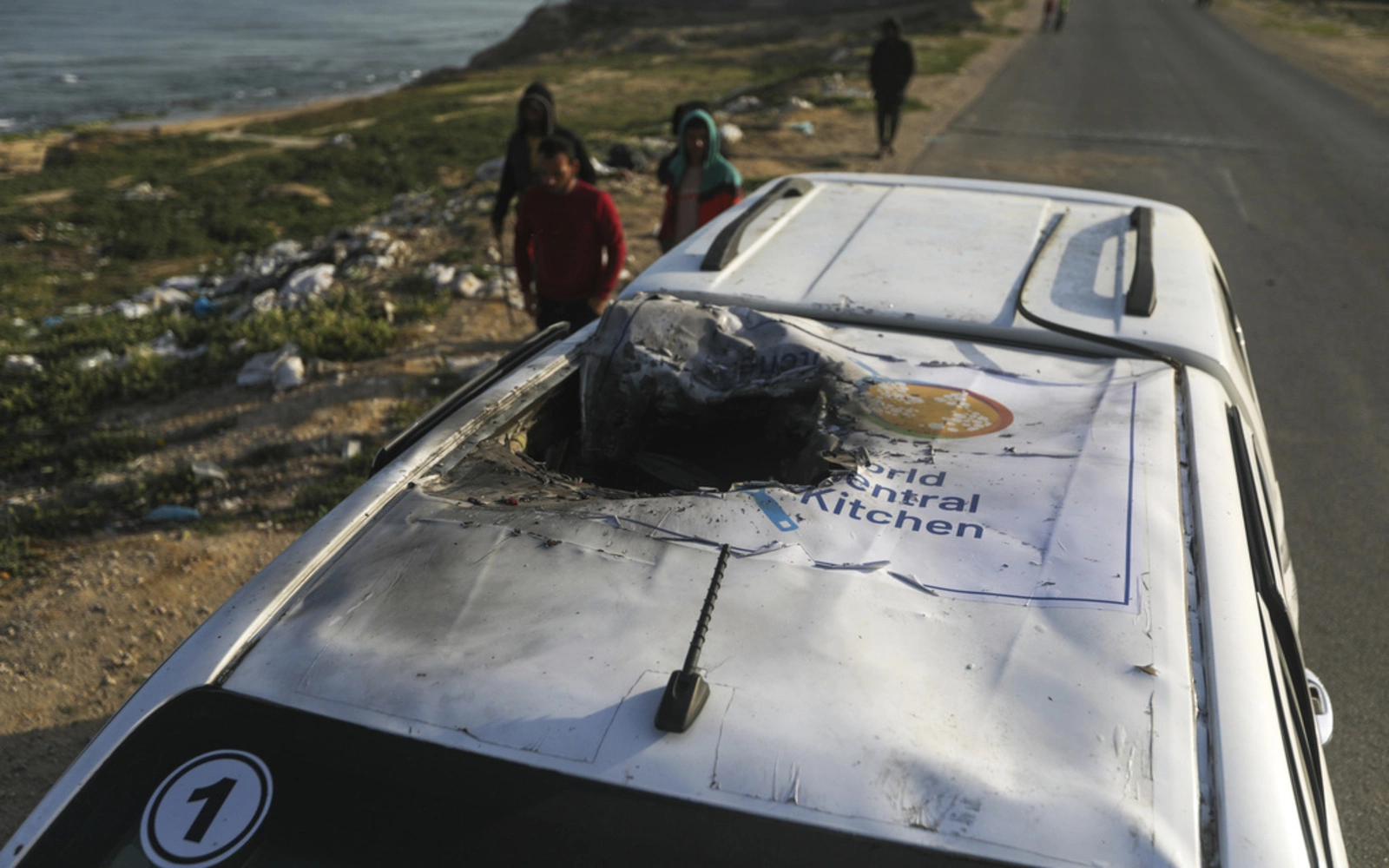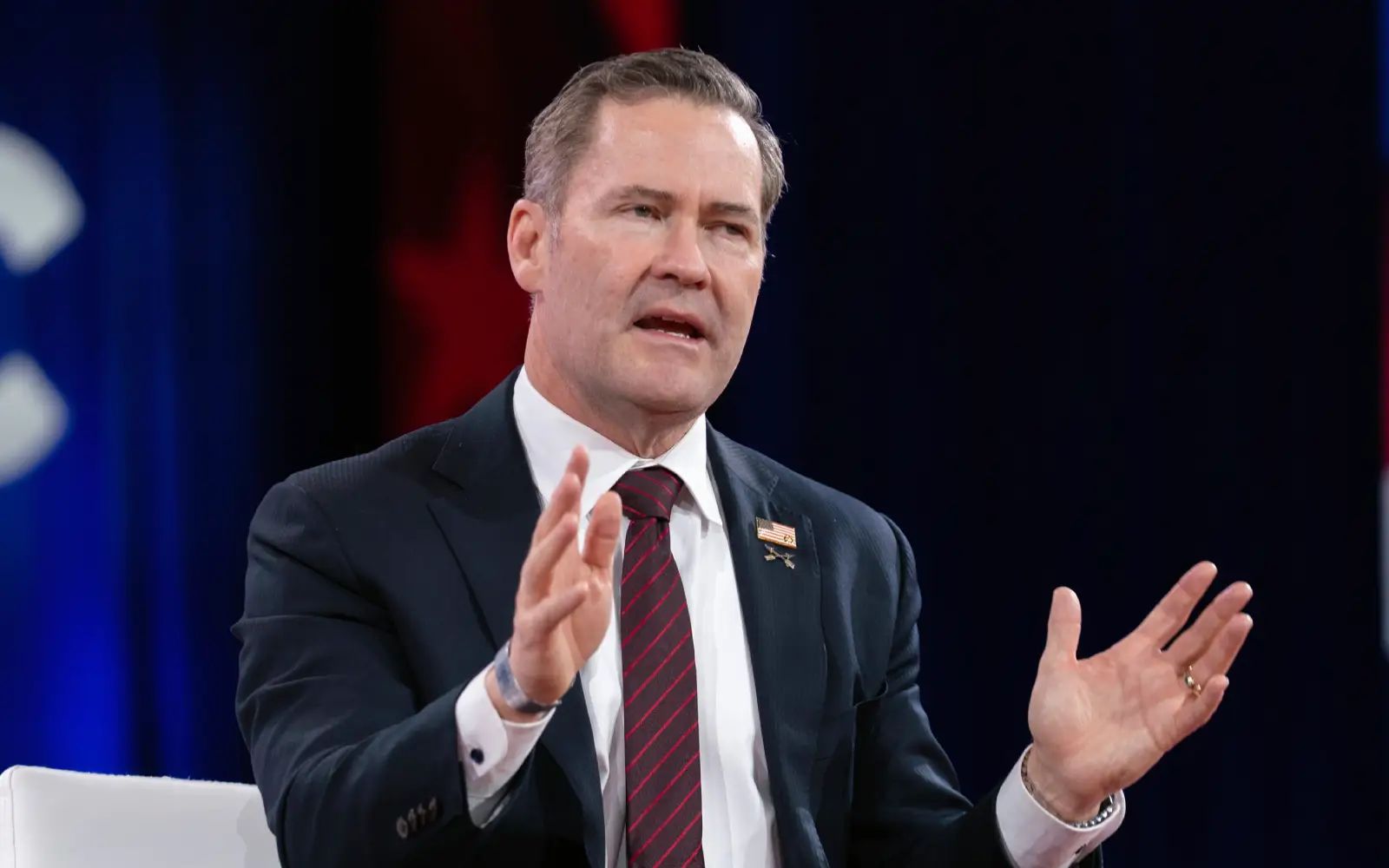President Donald Trump issued a stark warning to Iran this weekend, saying that if Tehran refuses to agree to a new nuclear deal, “there will be bombing the likes of which they have never seen before.” The comment, made in a televised interview, marks a significant escalation in rhetoric as diplomatic negotiations remain frozen.
Iran has rejected recent overtures for direct talks, citing Trump’s withdrawal from the 2015 nuclear agreement and a total lack of trust in U.S. intentions. Iranian President Masoud Pezeshkian dismissed the proposal as insincere and accused the Trump administration of acting in bad faith. Supreme Leader Ayatollah Ali Khamenei warned of “retaliation at a scale that would make past wars look modest” if the U.S. follows through on its threats.
The Trump administration, meanwhile, has floated the possibility of secondary sanctions and increased military pressure as leverage. National Security Advisor Mike Waltz claimed the White House is “prepared for all scenarios.”
Foreign policy analysts say the threat of bombing, delivered so casually, signals not just a return to saber-rattling but an outright willingness to provoke conflict in an already unstable region. European diplomats have urged restraint, but the administration appears committed to its confrontational stance.
Trump’s comments have already raised alarm across the region, with Israeli officials privately welcoming the pressure, while Gulf allies express concern about being caught in the middle of an escalated war.
With diplomacy off the table and threats on airwaves, the risk of open conflict between the U.S. and Iran is rising fast—and with it, the possibility of another catastrophic war in the Middle East.













